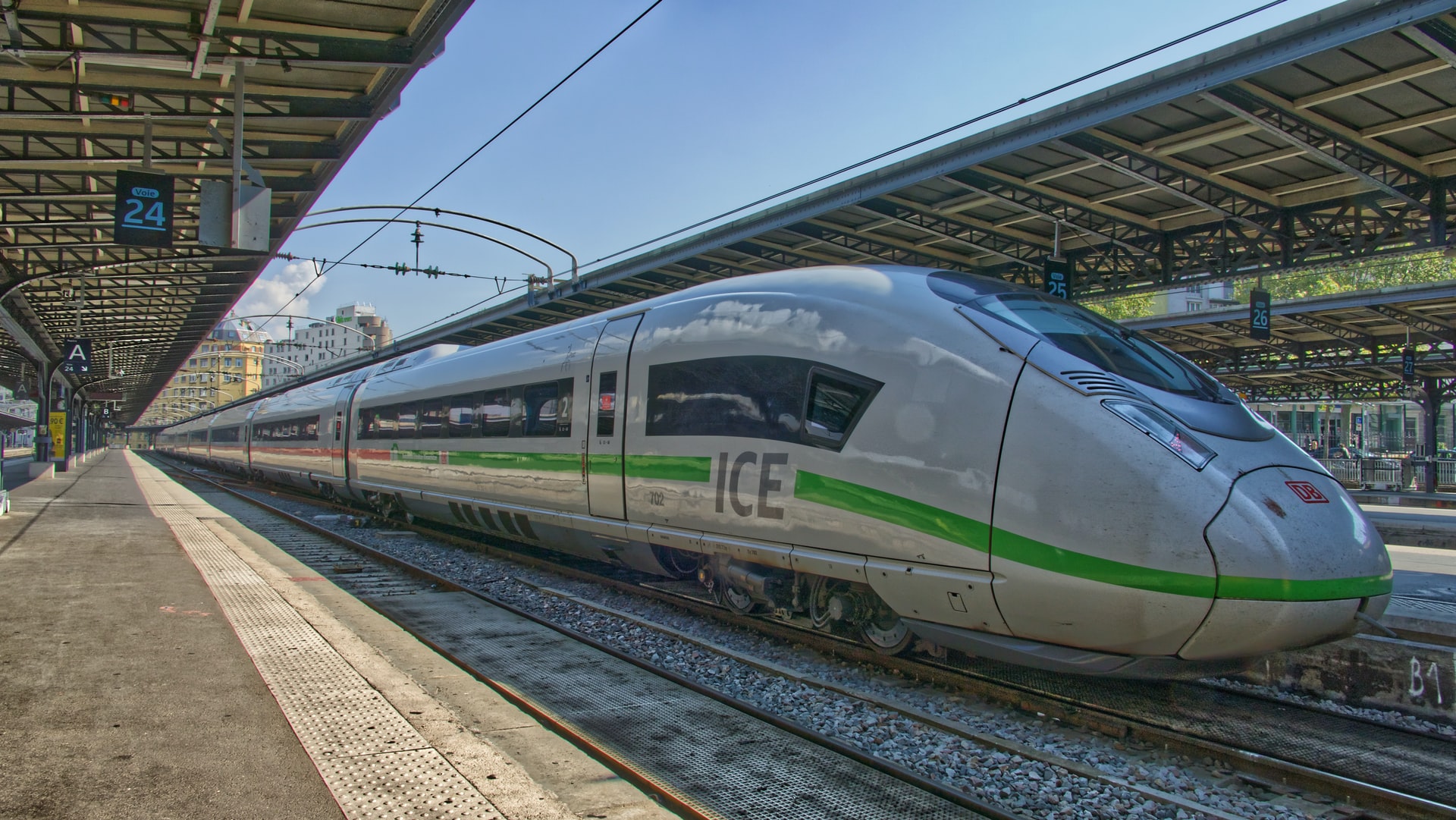Civil Engineering and Geosciences has defined new rules for its staff’s work trips. The purpose is to reduce CO2 emissions.
CEG has identified 15 cities where staff are to travel by train as a matter of course. (Photo: Pascal Bernandon/Unsplash)
The Faculty expects its staff to first try to hold international meetings online from the Netherlands. If this is not possible, they must follow transport rules.
Civil Engineering and Geosciences (CEG) has identified 15 cities such as Hamburg and York where staff are to travel by train as a matter of course. This also applies to other destinations that are within an eight hour train trip. Trips that take more than a half hour may be travelled first class. If the train is not an option and a good alternative is a car, staff may use their own or a rented electric car.
Any staff member wishing to deviate from the rules must apply for approval from their departmental chair. In doing so, they have to provide information about the CO2 emissions of their trip with a fossil fuel driven car or an aeroplane. In any case, the Faculty expects its staff to justify why they want to deviate from the rules under the motto ‘comply or explain’.
Vegetarian menu and solar panels
The policy will take effect on 1 August 2021 and is just a first step for CEG. Rules for intercontinental travel will follow later. The Faculty is also thinking about having a completely vegetarian menu in its restaurant. Architecture and the Built Environment already has this. It also wants to make its Faculty building more sustainable, for instance by placing solar panels on the Stevin III hall.
The idea is to ultimately reduce the Faculty’s total CO2 emissions. In defining its policy, CEG is drawing on the last known emission figures of TU Delft as a whole to show that there is room for improvement. At the time, 28.8% of the emissions were generated by food; 27.9% through heating; 17.5% from electricity consumption; and 13.9% from work related flights.
CEG says that its new work related travel policy was inspired by Aerospace Engineering (AE). This Faculty Faculty is indeed working on new rules for work related travel, Faculty Secretary Joyce ten Berge confirms. “We are now working on the framework and guidelines in a small group,” she says. They are hoping to have the new policy take effect in September 2021.
Do you have a question or comment about this article?
s.m.bonger@tudelft.nl


Comments are closed.